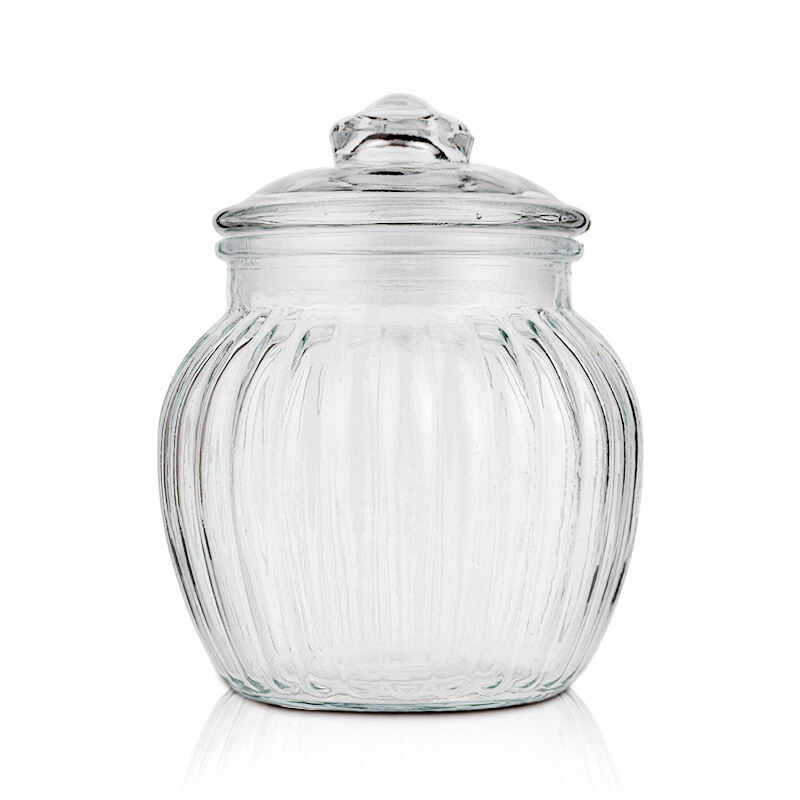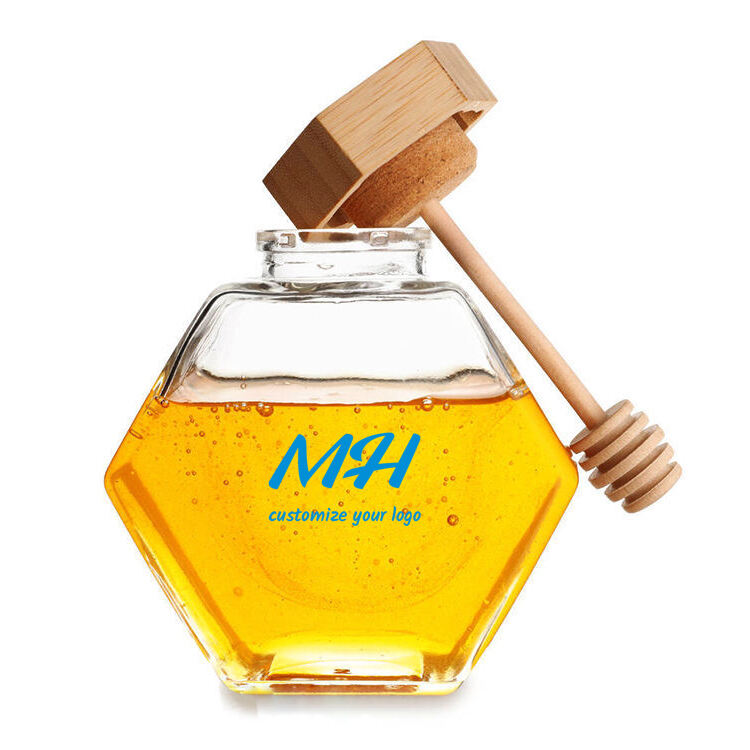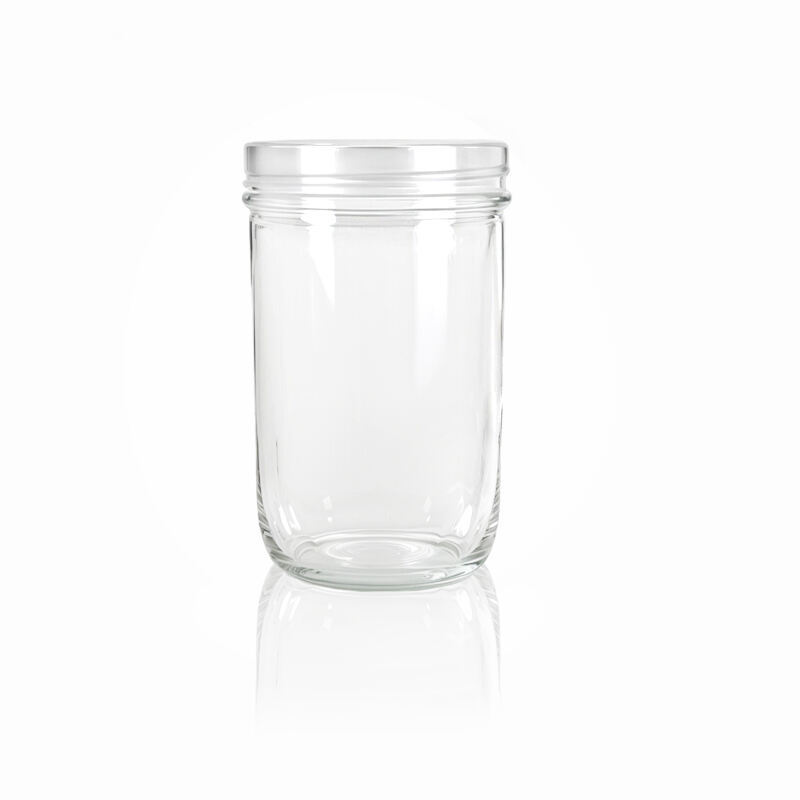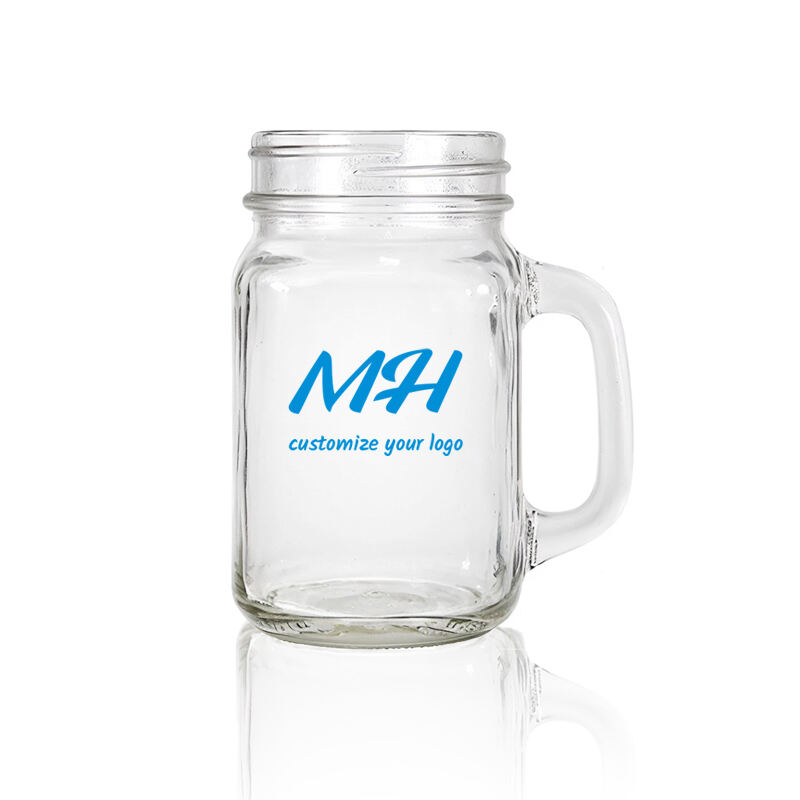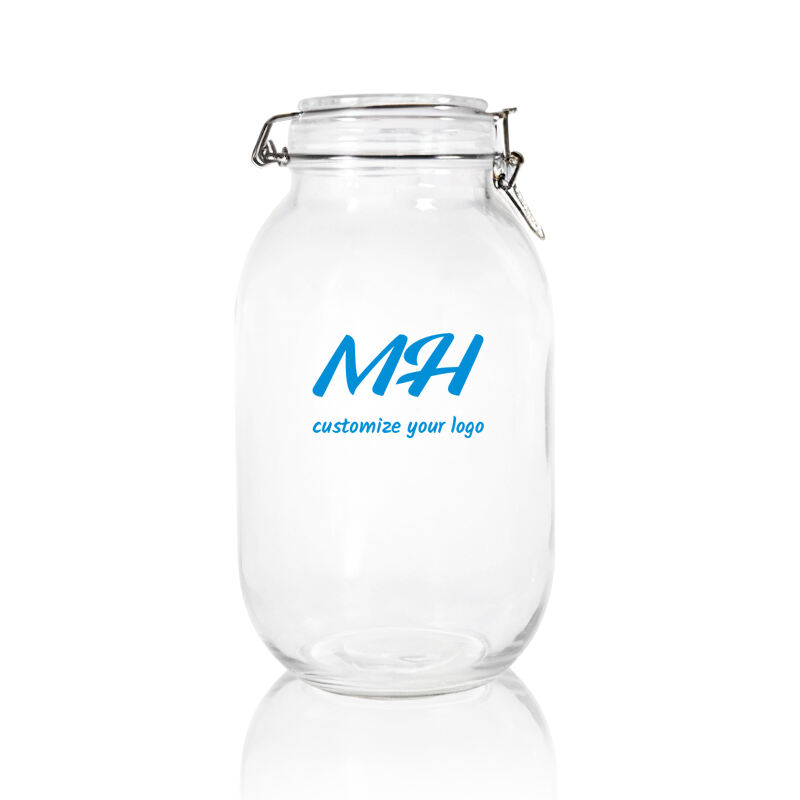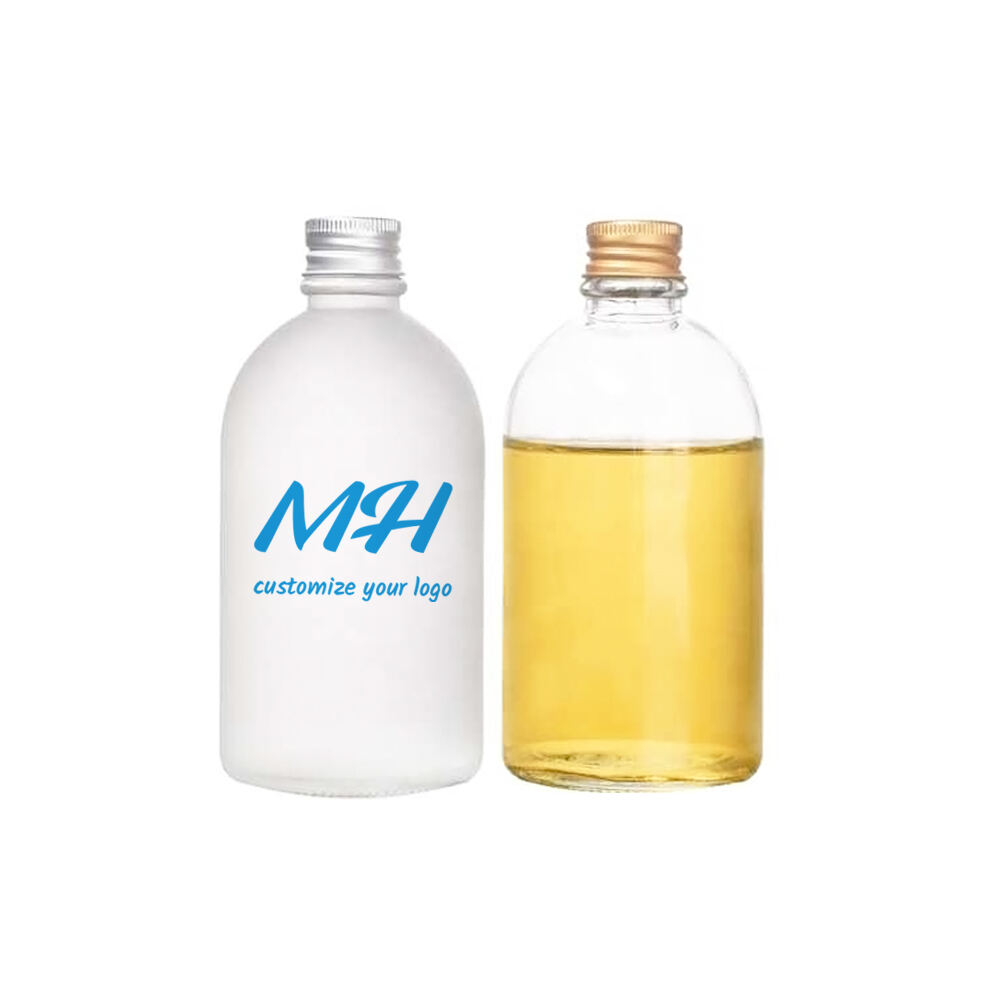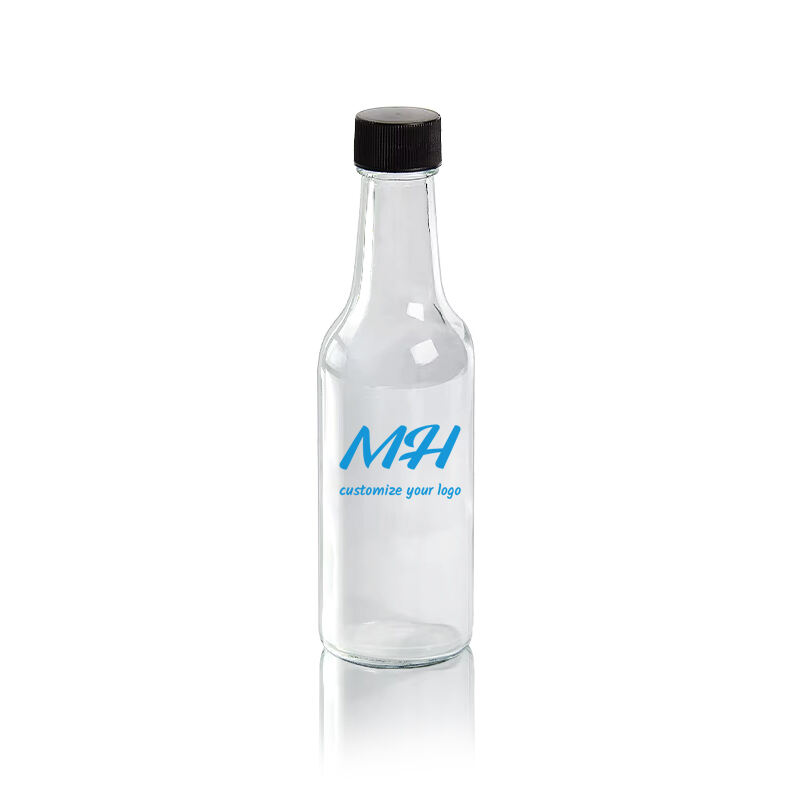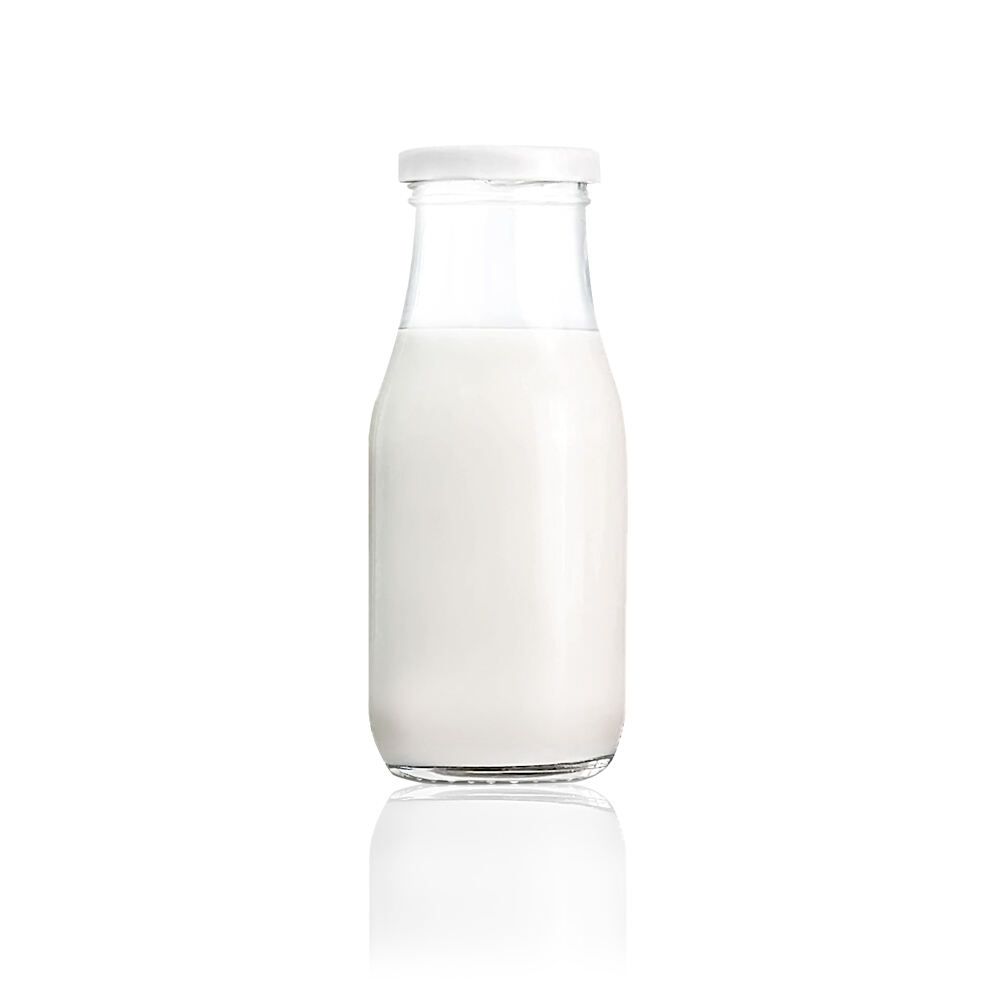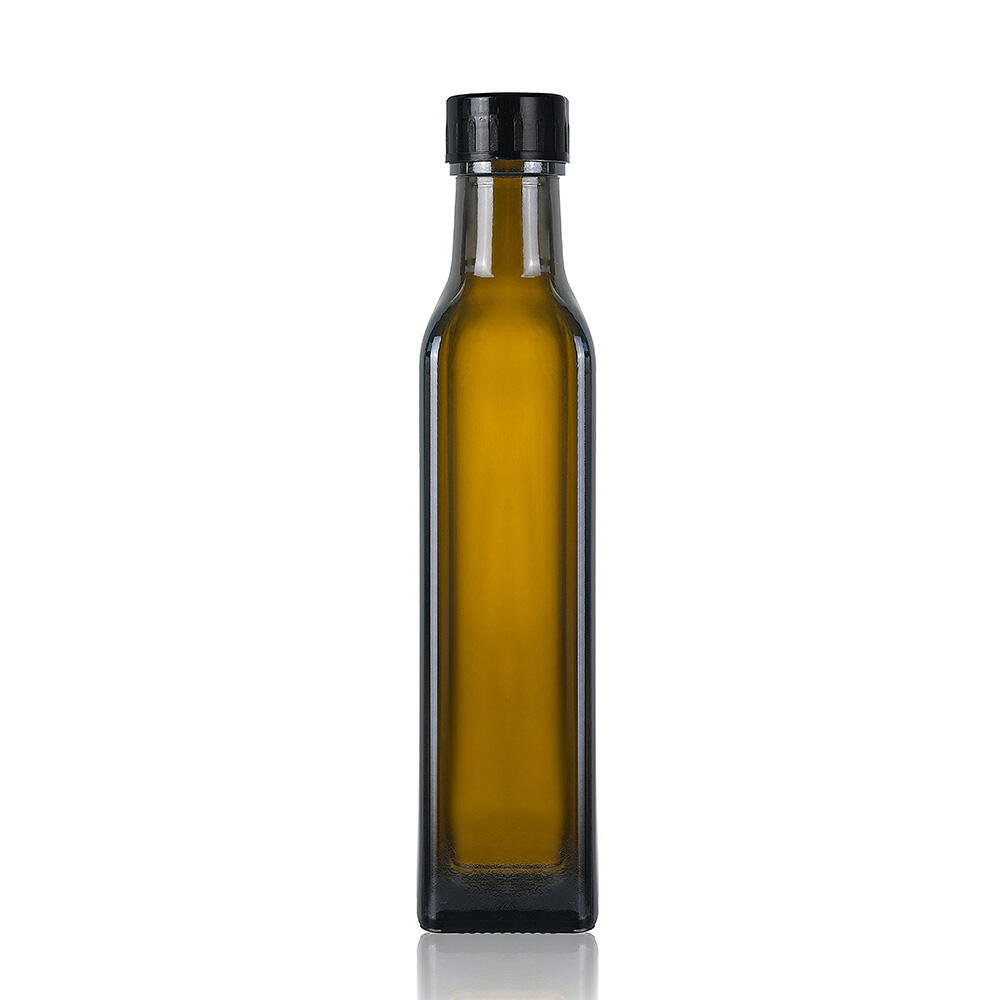Preserving Jars: The Essential Tool for Food Preservation
Preserving foods has been an essential techniques since prehistoric period as human beings had been preserving fruits, vegetables, and other edible things. But, when it comes to the number of methods that can be used, using simple preserving jars is immensely practical and easy to apply. Important and modern tool for food preservation – preserving jars we invite you to familiarize with the topic, examining it in detail.
History of the Preserving Jars
Cultures throughout history and throughout the world have been pickling foods because the idea of preservation actually originated over the centuries of thousands years back. However, the development of preserving jars changed food preservation in a big way. Thus, the first successful efforts in manufacturing modern preserving jars were made thanks to the French cook Nicolas Appert who invented canning in early the nineteenth century. Appert boil food in glass jars stop the mouths with cork and wax: sterilize the food and kill bacteria.
Many years later John Landis Mason introduced the Mason jar in 1858 that comes with a screw on top that has a rubber seal in order to make a vacuum seal. It greatly advanced home canning scientific knowledge and made preserving jars easily accessible in every home. The jars that we use today are more advanced, with better systems for sealing, which are very important to both the aspiring home canner and the professional.
Selecting the Right Preserving Jars
Therefore, when shopping for preserving jars there are different types and sizes to consider depending on the requirement of the client. Some of the most popular brands today are the mason jars, Weck jars and Kilner jars. Each has its unique features and sealing systems:
1. Mason Jars: These containers by Xuzhou Minghang Packaging Products Co., Ltd. come in different capacities to meet consumer’s needs in pint, quart and half-gallon capacity. They are especially suited for storing jams, jellies, pickles and renewed sauces. A flat metal disc and a screw-on circular band provide and air tight closure which is hard to open without destroying the container.
2. Weck Jars: With glass lids and rubber gaskets, Weck jars by Xuzhou Minghang Packaging Products Co., Ltd. are used for European-style canning as many home cooks are beginning to discover. Fruit and vegetable villagers like them for the broad door and looks; baked items, too, will find a fitting home in these cabins.
3. Kilner Jars: Kilner is a registered trademark hailing from the United Kingdom and is characterized by its metal clip-top lid as well a rubber seal. They prove perfect for storing chutneys relishes and dried foods. Their construction makes them ideal to use for long term storage since they are so strong.
The size of the jars is very important because it determines the time taken to process the food besides the heat that the food gets during canning. Single serving or a small batch of food is well stored in a small jar, big jars are used for storing large portions of seasonal fruits or vegetables.
List of Advantages for the Preserving jars
Preserving jars offer numerous advantages that make them indispensable in food preservation:
1. Extended Shelf Life: Through this technique, microorganisms as bacteria, yeasts, and moulds get out of reach and as a result increasing the shelf life of food preserved in jars. This is helpful so that you can have seasonal fruits and vegetables all year round and also minimize wastage.
2. Nutrient Retention: First impetus of canning is that maintaining the heat to cook the fruits and the vegetables preserves the nutrients. Unlike freezing, canning helps retain taste, texture and color of fresh foods to guarantee a tasty and healthy meal.
3. Cost-Effective: Home canning with preserving jars is considered to be cheaper than buying processed cans with food. You can but it when it is fresh and comes cheap, then store at home meaning that your foods will be fresh at the right time.
4. Eco-Friendly: Glass preserving jars are actually recyclable as they are reused frequently, therefore it is a wise decision to go for it. This smoker is better suitable than the plastic containers this is because the glass jars are reusable and so they embrace sustainable ideas.
Recommended working procedures when using preserving jars
To ensure successful food preservation, it's essential to follow best practices when using preserving jars:
1. Sterilization: The jars must also be wash with water and the screw top lids boiled for about 10 minutes before use. This allows for eliminating of any bacteria or contaminants that would negatively affect the conservation process of the food from negating other components in the food.
2. Proper Filling: Perhaps a proper space should be left between the food and the jar rim Isolating the two commonly range from ¼ to ½ inch to allow for expansion during processing. To remove the excess air, swirl a spatula of something that is not metal around the rim of the jar.
3. Sealing: Twirl off the lids and then wipe the jar rims with a clean, damp cloth before placing caps tightly. Treat the jars in the water bath canner or using the pressure canner under the general instructions or as per the method of the recipe you are following.
4. Storage: For best results, the jars should then be left as they are for 12-24 hours in order not to be disturbed. The lid of the jar should be checked by pressing the center; if it does not bounce back the jar is sealed securely. The jars should be kept in a cool dry place.
In summary, fresh-keeping cans not only provide a convenient and economical solution for home food storage, but also have the advantage of being environmentally friendly. Whether you are a novice in home canning or an experienced food preservation expert, understanding and mastering these tips will make you more efficient in food preservation.
 EN
EN AR
AR BG
BG HR
HR CS
CS DA
DA NL
NL FI
FI FR
FR DE
DE EL
EL HI
HI IT
IT JA
JA KO
KO NO
NO PL
PL PT
PT RO
RO RU
RU ES
ES SV
SV TL
TL IW
IW ID
ID LV
LV LT
LT SR
SR SK
SK SL
SL UK
UK VI
VI HU
HU TH
TH TR
TR FA
FA GA
GA LA
LA MI
MI MN
MN
